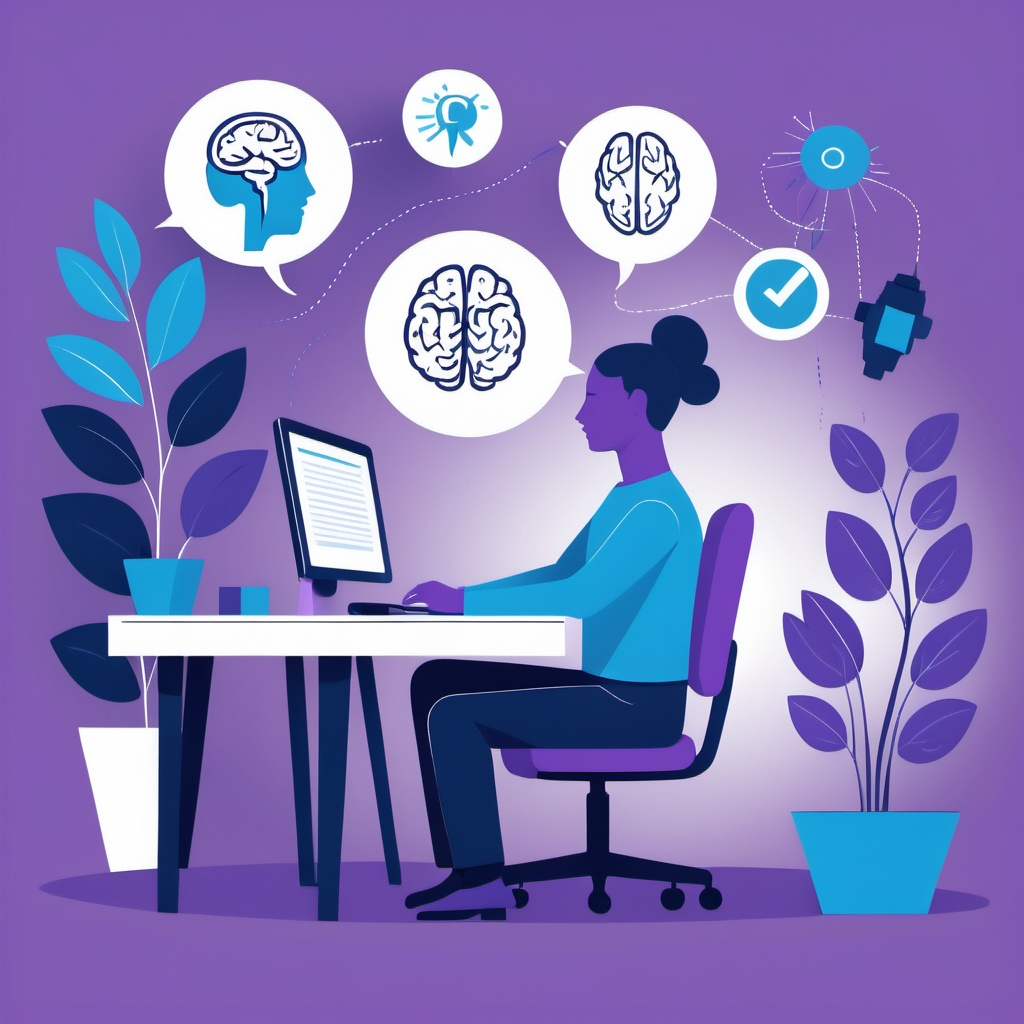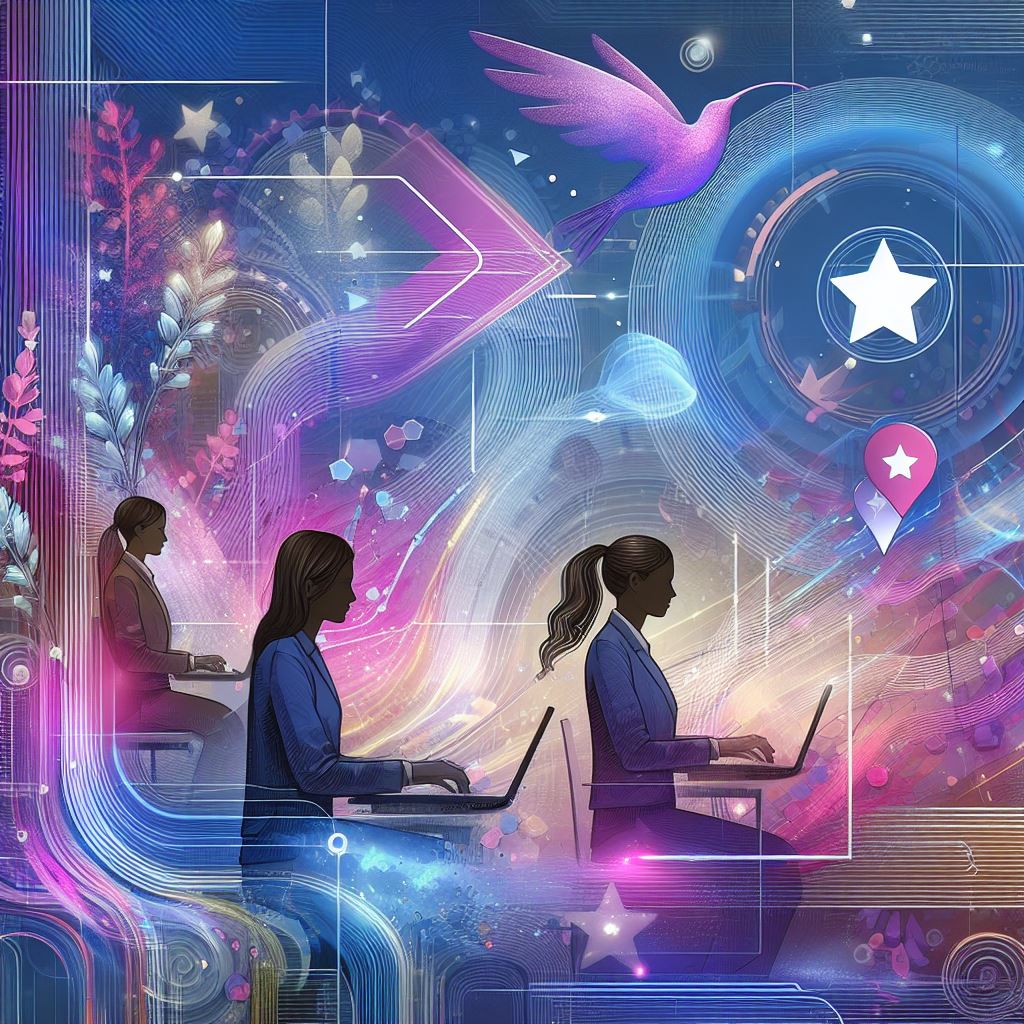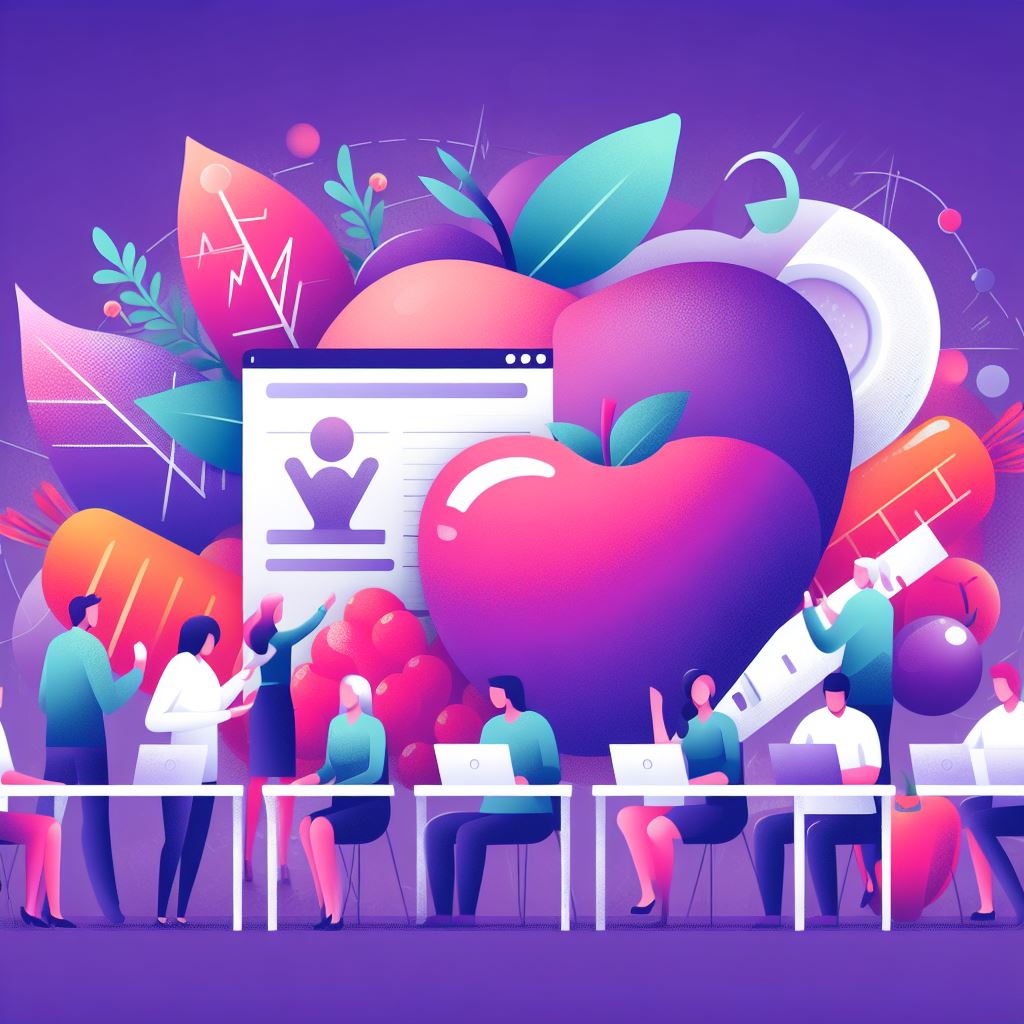GDPR & EU AI Laws: Changing Global HR Policies Now

The European Union’s new regulatory landscape for artificial intelligence, anchored by the GDPR and the EU AI Act, is poised to fundamentally reshape global Human Resources (HR) policies. This transformation is not just about compliance—it’s about redefining fairness, transparency, and ethics in the way organizations manage talent in an AI-driven world.
The GDPR and AI: A New Era for HR
Since 2018, the General Data Protection Regulation (GDPR) has set a high bar for data privacy, especially concerning personal data processing in the workplace. With AI increasingly embedded in HR functions—ranging from recruitment algorithms to employee performance analytics—GDPR’s principles of lawfulness, fairness, transparency, and data minimization have become critical guardrails. HR teams must ensure that AI systems only process necessary data, maintain accuracy, and provide clear information to employees about how their data is used.
One of the most profound GDPR provisions affecting AI in HR is Article 22, which protects individuals from decisions based solely on automated processing that significantly impact them, such as hiring or firing. This means AI cannot replace human judgment but must support it, with mechanisms for human intervention and employee recourse.
The EU AI Act: Raising the Stakes on Ethical AI
The EU AI Act introduces a risk-based framework that classifies many AI applications in HR as “high-risk.” This includes AI tools used for candidate screening, video interviews, and employee monitoring. The Act demands transparency, bias mitigation, and ongoing risk management throughout the AI lifecycle. Non-compliance risks hefty fines—up to €35 million or 7% of global revenue—underscoring the seriousness of these new rules.
For HR leaders, this means a strategic pivot: AI must be designed and deployed to avoid discrimination, ensure explainability, and maintain human oversight. Recruitment platforms, for example, must be trained on diverse datasets to prevent bias and must clearly disclose AI’s role to candidates. AI-powered people analytics must balance efficiency with fairness, helping identify and correct workplace inequities rather than perpetuating them.
Global HR Policies in the Wake of EU Regulation
Though these laws originate in Europe, their ripple effects are global. Multinational companies will need to harmonize their HR policies worldwide to meet EU standards, effectively raising the global bar for AI ethics in HR. This shift encourages innovation in ethical AI, pushing vendors and HR teams to develop smarter, fairer tools that respect employee rights and foster trust.
As Doug Conant famously said, “To win in the marketplace you must first win in the workplace.” The EU’s regulatory push is a call to action for HR professionals to lead with integrity and innovation, ensuring AI serves people, not just processes.
Conclusion
The GDPR and EU AI Act together herald a new chapter for HR, where technology and ethics must advance hand in hand. Organizations that embrace these changes will not only avoid penalties but will build workplaces that are more equitable, transparent, and resilient. As AI reshapes HR, the future belongs to those who prioritize fairness and human oversight, turning compliance into a competitive advantage.
In this evolving landscape, HR leaders are not just enforcers of rules—they are architects of a fairer future where AI empowers people and organizations alike.
References
https://commission.europa.eu/news/ai-act-enters-force-2024-08-01_en
https://www.shrm.org/topics-tools/news/technology/hr-has-crucial-role-shaping-ai-revolution-at-work









